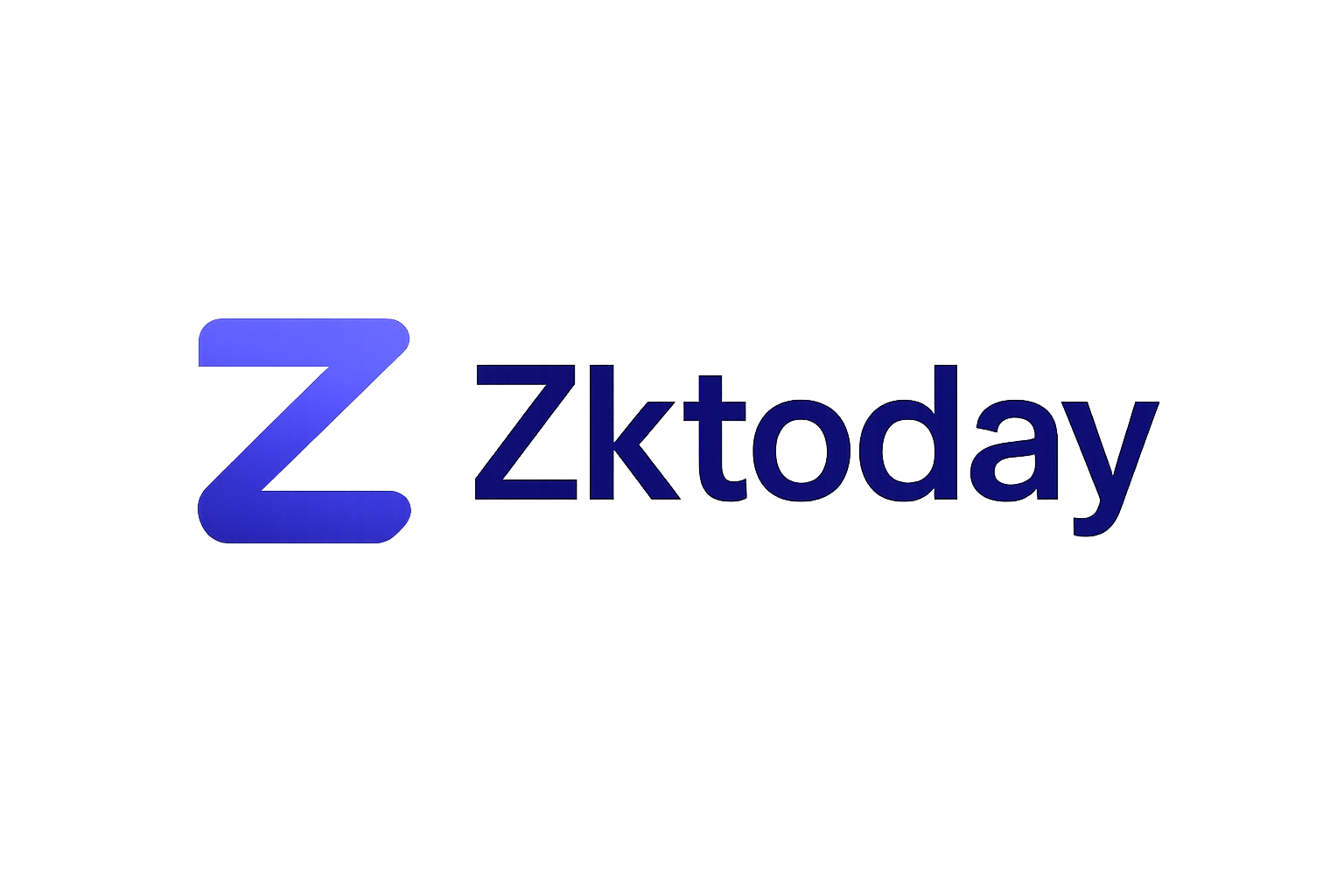
As Web3 rapidly redefines digital identity, zero-knowledge proofs for identity verification are emerging as a cornerstone for privacy and trustless authentication. In an era where traditional Know Your Customer (KYC) processes often expose sensitive data to centralized parties, zero-knowledge technology offers a paradigm shift: users can prove who they are without ever revealing the underlying details. This is not just a theoretical breakthrough – it is already materializing across decentralized applications, wallets, and next-generation KYC systems.
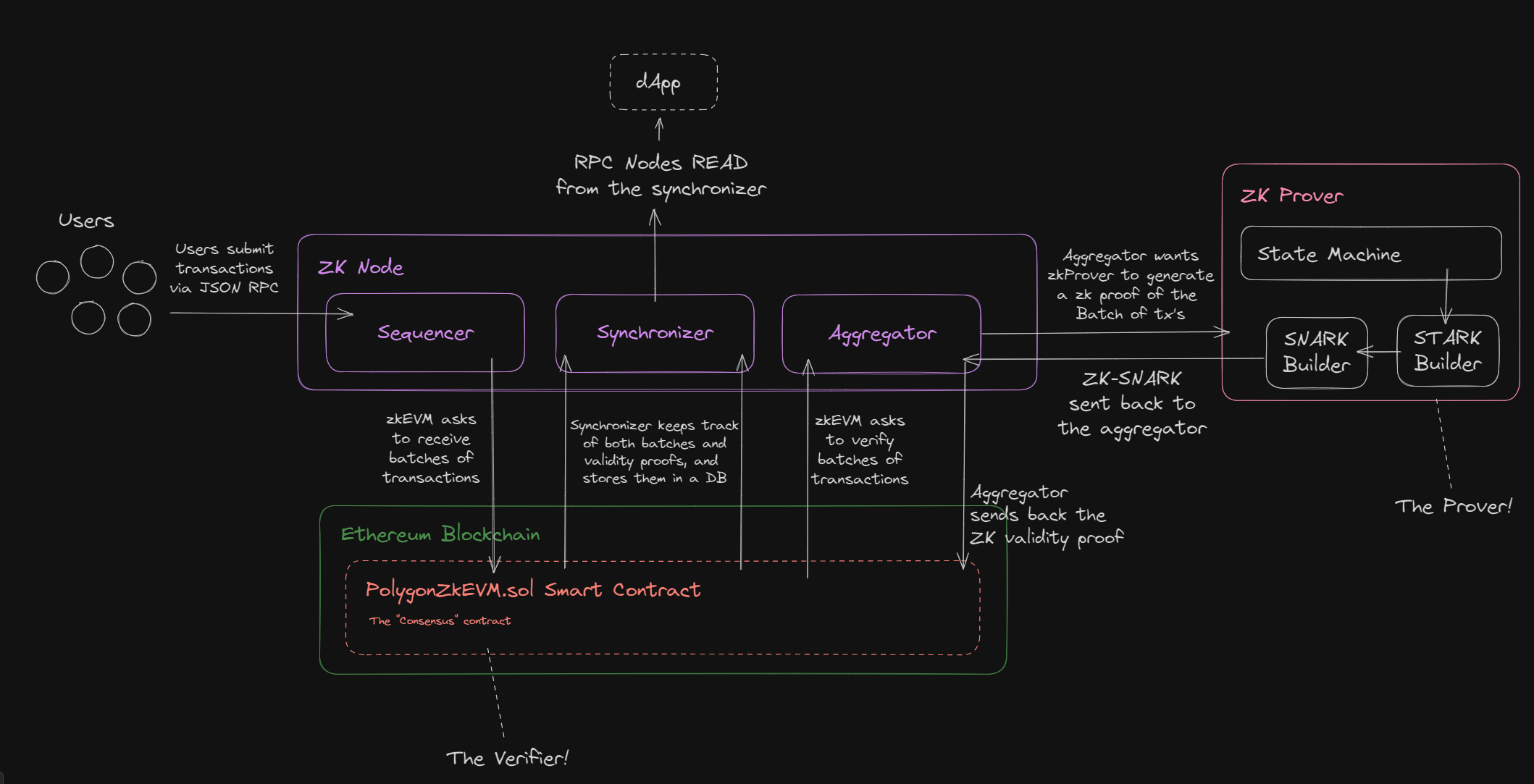
Zero-Knowledge Proofs: The Cryptographic Engine Behind Private KYC
At its core, a zero-knowledge proof (ZKP) is a cryptographic protocol that allows one party (the prover) to convince another (the verifier) that a statement is true without disclosing any information beyond the validity of the claim. In the context of web3 privacy identity, this means proving attributes like age, nationality, or accreditation status without sharing any actual documents or personal data. Imagine entering a decentralized finance (DeFi) platform and proving you are over 18 – but the platform never learns your birthday or even your name.
This ability is transforming blockchain-based identity solutions. As highlighted by industry experts and projects like Mina Protocol and Humanity Protocol, ZKPs act as digital shields that safeguard online identities from theft and misuse. Instead of relying on vulnerable databases or trusted third parties, users control their credentials on-chain while maintaining privacy.
How ZKP Identity Solutions Work in Practice
The technical process underpinning these systems is both elegant and robust. When a user needs to verify an attribute:
- The user generates a cryptographic proof that attests to their claim (e. g. , being over 18).
- The verifier checks the proof’s validity, but gains no access to the underlying data.
- The process can be made non-interactive (NIZKP), allowing for scalable on-chain verification without back-and-forth communication.
This model has direct implications for both end-users and dApp developers. For users, it means reclaiming control over their digital footprint; for developers, it opens pathways to regulatory compliance without sacrificing decentralization or user experience.
Real-world implementations are already gaining traction:
- Polygon ID: Empowers individuals with self-sovereign identities using ZKPs, enabling private interaction with dApps.
- zkLogin: Allows blockchain transactions authenticated via existing web credentials (Google/Facebook), yet keeps those credentials hidden from the chain itself.
- ZKlaims: Facilitates attribute-based credentials using non-interactive proofs for seamless decentralized verification.
This surge in practical applications underscores why ZK rollups identity use cases have moved from research papers into live products across Ethereum L2s and beyond. For more technical deep dives on how these mechanisms work inside decentralized wallets, see resources like this detailed guide on privacy-preserving decentralized identity wallets.
The Privacy Revolution: Why Zero-Knowledge Matters in Web3 Identity
The fundamental promise of Web3 is self-sovereignty – owning your assets, your data, your reputation. Yet until recently, digital identity remained stuck in legacy models built around surveillance and centralization. Zero-knowledge proofs upend this dynamic by letting users selectively disclose only what’s necessary for each interaction. This approach not only reduces attack surfaces but also aligns with global privacy regulations such as GDPR by minimizing unnecessary data exposure.
For businesses and protocols, the shift to private KYC blockchain solutions is more than a compliance checkbox. It’s a competitive advantage. By integrating ZKP-based identity verification, platforms can onboard users from privacy-conscious jurisdictions, minimize custodial risk, and foster greater trust with regulators and customers alike. The result is a more inclusive ecosystem where users are empowered to participate without fear of surveillance or data breaches.
However, the road to mainstream adoption is not without speed bumps. Zero-knowledge technology, while powerful, introduces new complexities for both developers and end users:
Key Challenges Facing ZKP Identity Solutions in Web3
-
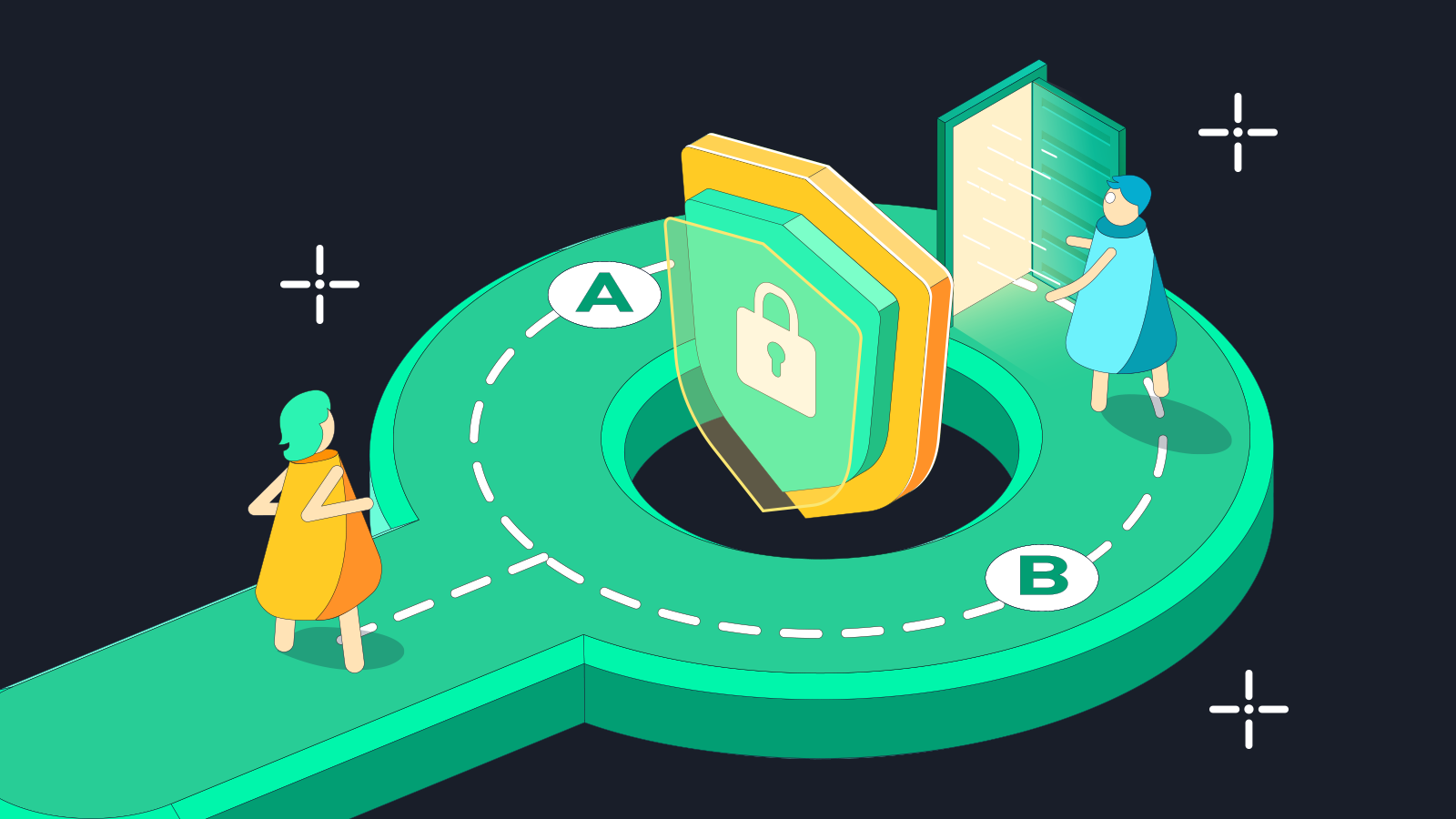
Scalability and Performance Limitations: Zero-knowledge proofs, especially in complex identity scenarios, can be computationally intensive. This can lead to slower transaction times and higher costs for dApps leveraging ZKP-based identity verification, impacting user experience and network efficiency.
-
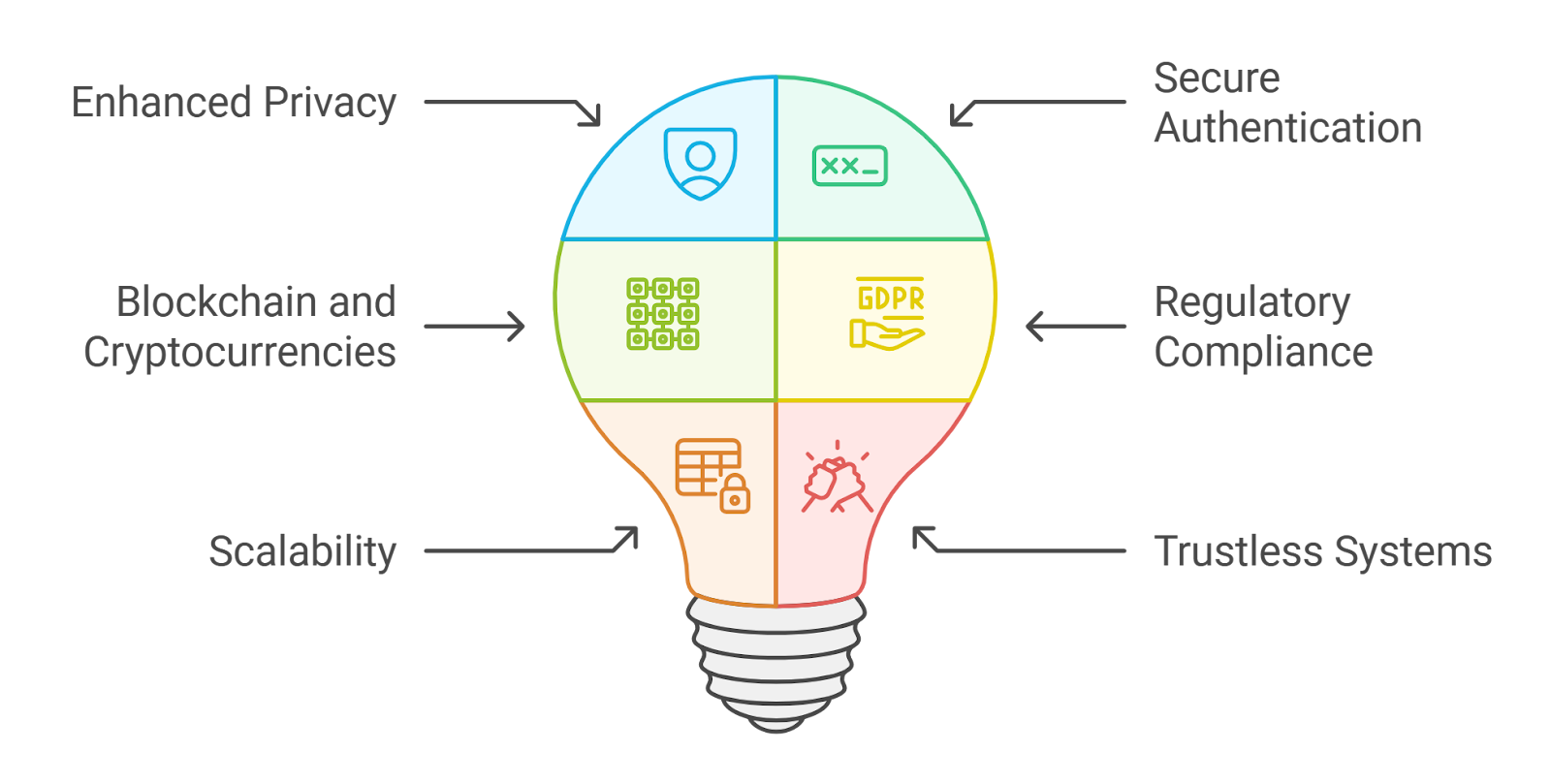
Regulatory Compliance and Legal Uncertainty: While ZKPs enhance privacy, they can make it difficult for platforms to comply with global KYC/AML regulations. Regulatory frameworks often require certain data disclosures that ZKPs intentionally obscure, creating legal ambiguities for projects like Polygon ID and others.
-
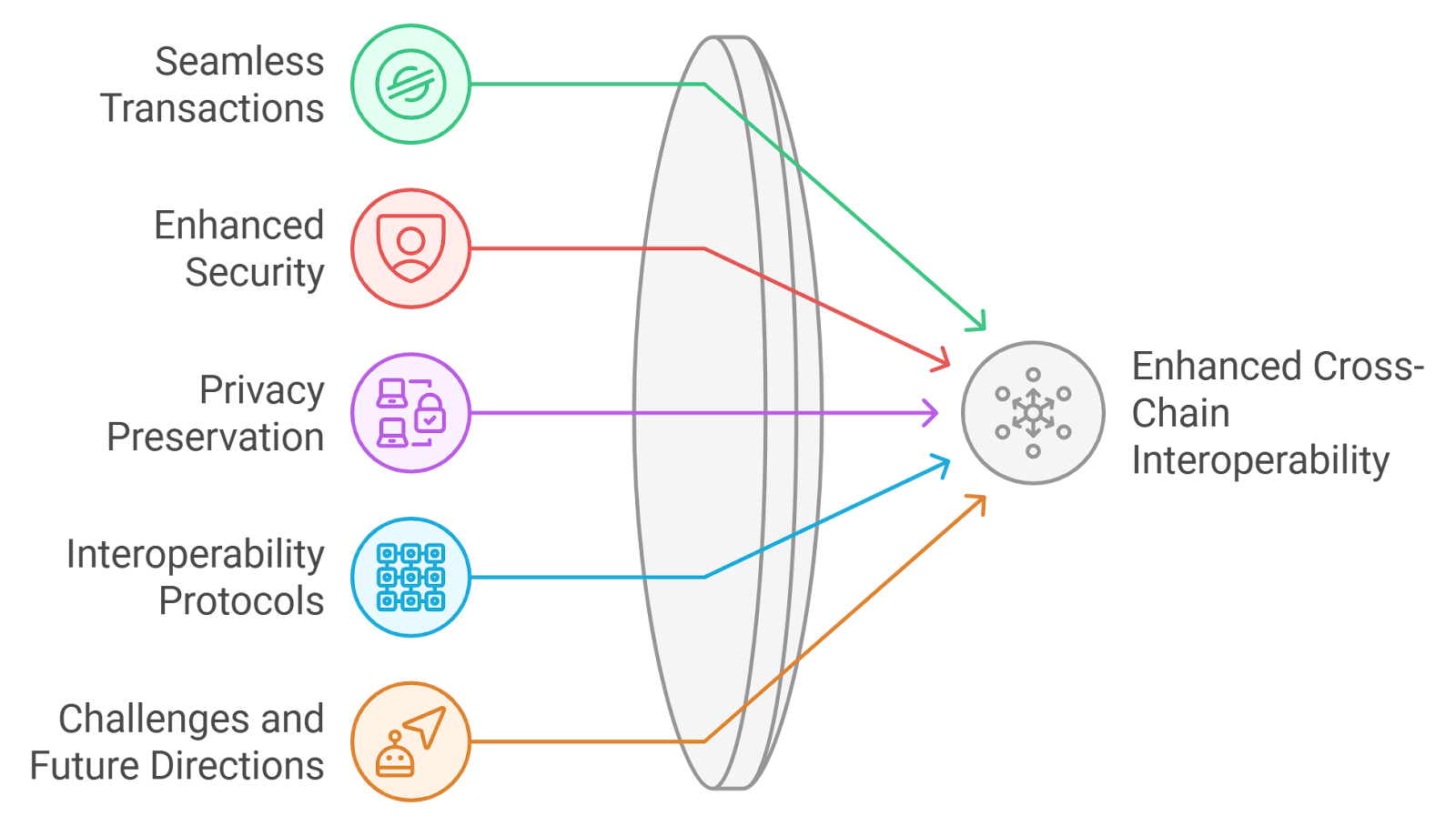
Potential for Malicious Use: The privacy afforded by ZKPs can be exploited by bad actors to conceal illicit activity, such as money laundering or fraud, if not paired with robust monitoring and governance mechanisms.
-
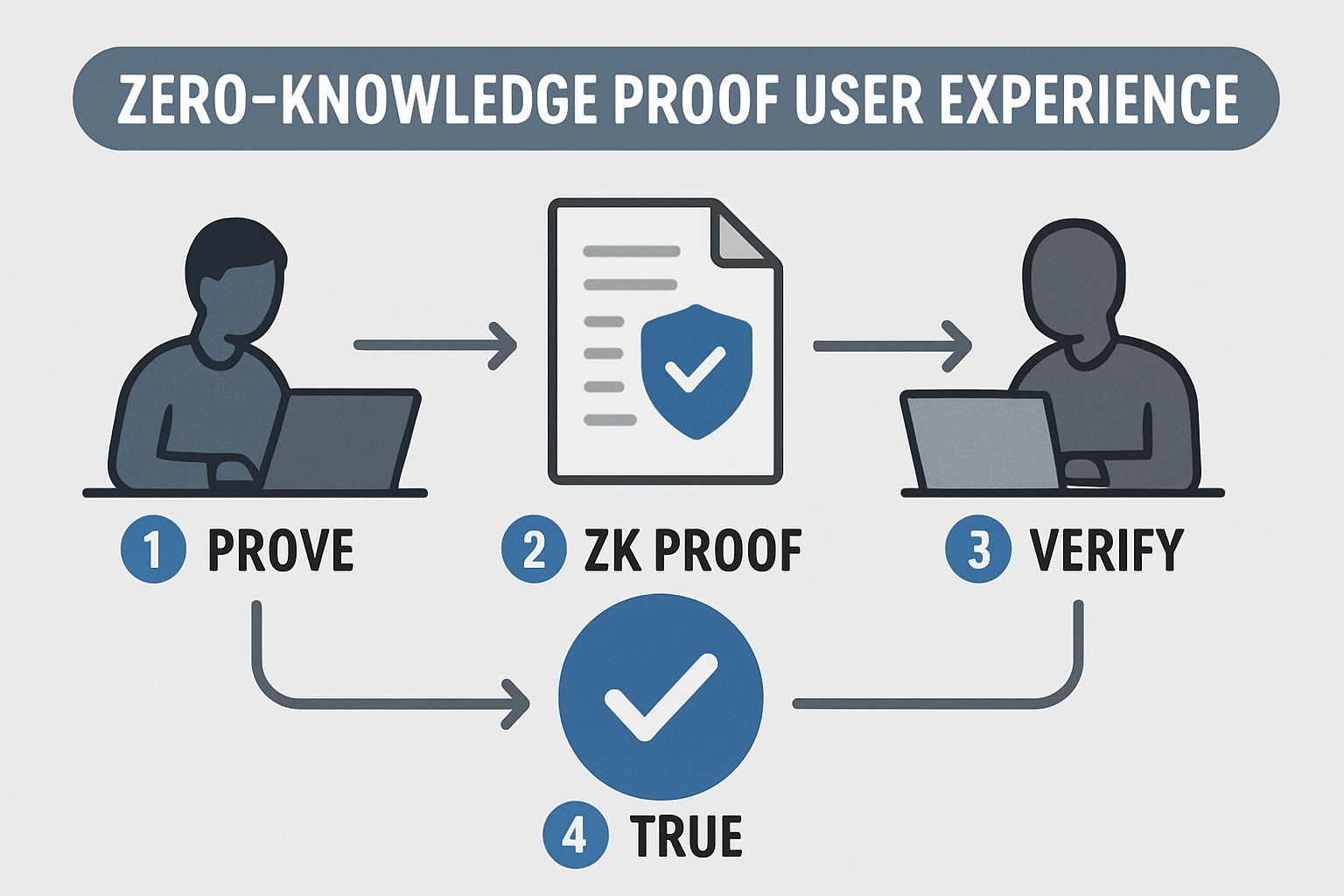
User Experience and Adoption Barriers: ZKP-based identity systems often require users to understand new cryptographic concepts or manage complex wallets and credentials, which can hinder mainstream adoption and usability.
-
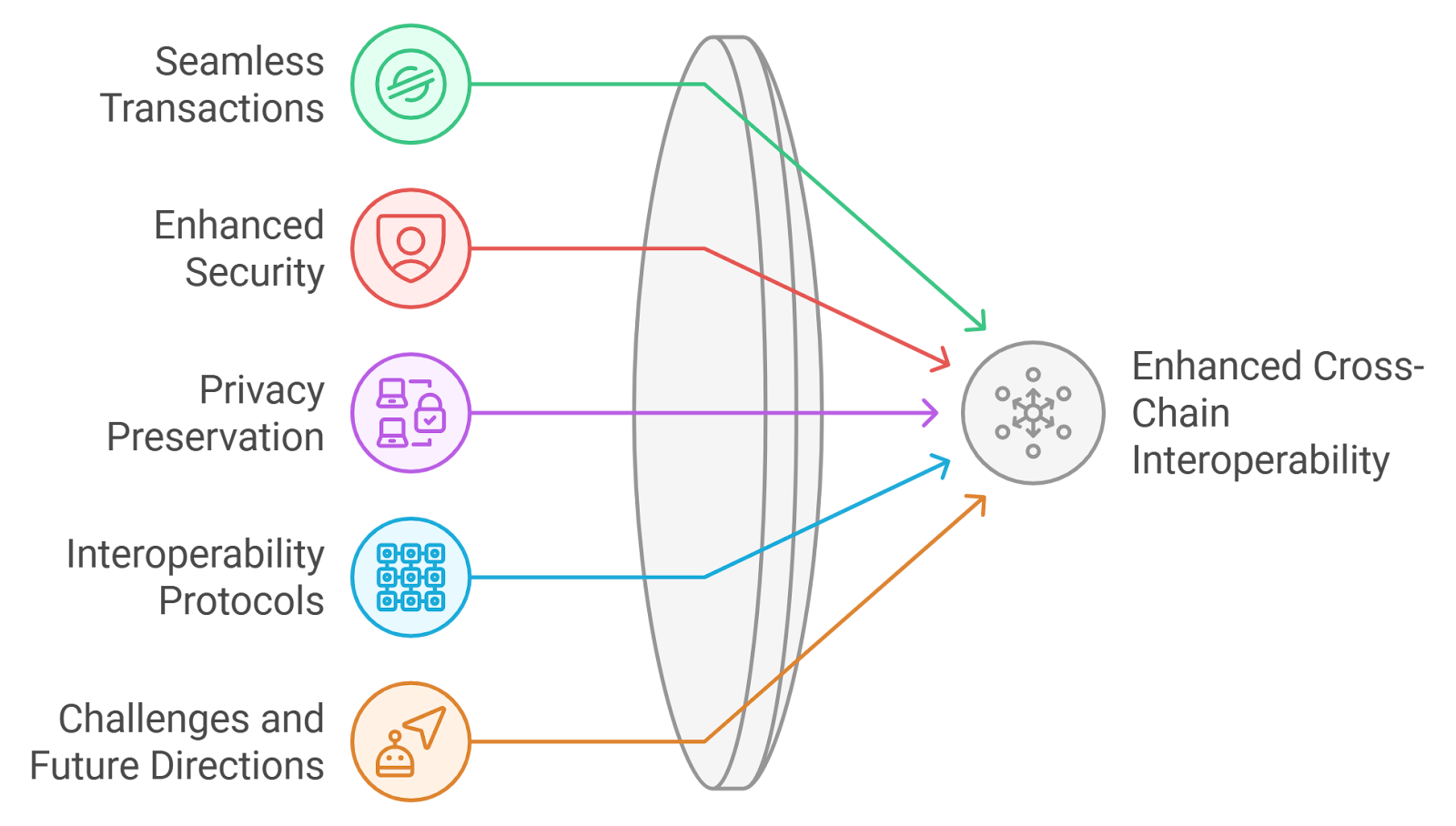
Interoperability Across Platforms: There is a lack of standardized protocols for ZKP-based identity solutions, making it challenging for users to port their credentials between different blockchains or dApps. This fragmentation limits the seamless use of identity across the Web3 ecosystem.
Performance bottlenecks can arise as cryptographic computations scale, especially on resource-constrained blockchains. Additionally, ensuring that ZKP systems remain interoperable across different dApps and chains is an ongoing challenge. As the regulatory landscape evolves, teams must also balance privacy with auditability, designing solutions that satisfy both user expectations and legal requirements.
Despite these hurdles, the momentum behind ZKPs continues to build. Ongoing research into more efficient proof systems (like zk-SNARKs and zk-STARKs) promises to reduce computational overhead while expanding functionality. Meanwhile, cross-industry collaborations are emerging to standardize protocols for decentralized identity, a sign that the market recognizes both the urgency and long-term value of these innovations.
Emerging Use Cases: Beyond KYC
The applications of zero-knowledge proofs extend far beyond KYC or age verification. In decentralized social networks, for instance, users can prove membership in a DAO or community without revealing their wallet addresses or activity history. In gaming or metaverse platforms, ZKPs enable anti-bot mechanisms that don’t compromise anonymity. Even supply chain tracking can benefit from private attestations about product origin or handling.
As adoption spreads across verticals, from DeFi to healthcare, expect new models of digital reputation and credentialing to emerge where privacy is a default feature rather than an afterthought. For those seeking deeper insights into how zero-knowledge proofs enhance privacy in decentralized identity wallets, this resource offers further analysis.
The Road Ahead for Zero-Knowledge Proof Identity Solutions
The intersection of zk rollups identity use cases, privacy engineering, and regulatory innovation marks one of the most exciting frontiers in Web3 today. As solutions mature from pilot projects into critical infrastructure for on-chain trust, expect increasing scrutiny, and increasing opportunity, for builders who prioritize user sovereignty alongside compliance.
The ultimate vision? A digital world where you prove what you need, no more, no less, with cryptographic certainty but absolute discretion. The foundations are being laid now by pioneers in zero-knowledge technology who recognize that true Web3 privacy is not just about hiding data but about restoring agency to individuals.
